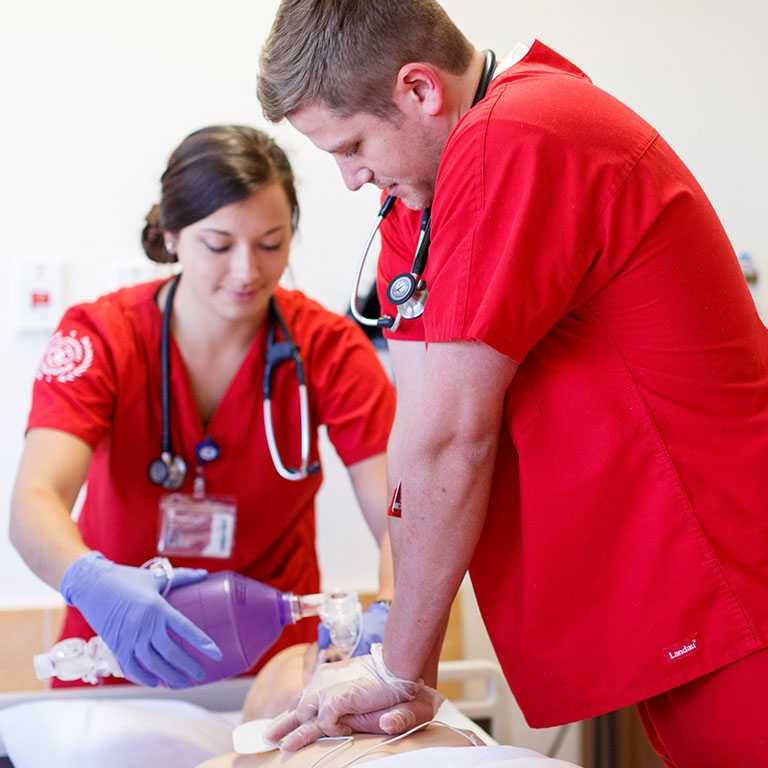Something Bigger than Yourself
Take the first step toward a rewarding career and discover your true potential with an Indiana University Health Sciences degree.
Whether you are a traditional student who is just beginning your nursing education, licensed registered nurse with an associate degree, or registered nurse looking to expand your role into advance practice, you can take your career to the next professional level with a degree from one of the nation's top nursing programs.
An IU degree in nursing will give you the personal and professional satisfaction that comes from making a real difference in the lives of sick, injured, and recovering children and adults. It will also give you the education you need to provide preventative care that helps ensure patients of all ages stay healthy and well.
A nursing career is also a great investment in your future. The U.S. Bureau of Labor Statistics predicts that nursing jobs will grow 16 percent from 2014 to 2024, faster than the average for all occupations.
Contact the Indiana University School of Nursing at IUPUC to speak with an academic advisor, 812.348.7250 or conurs@iu.edu.






